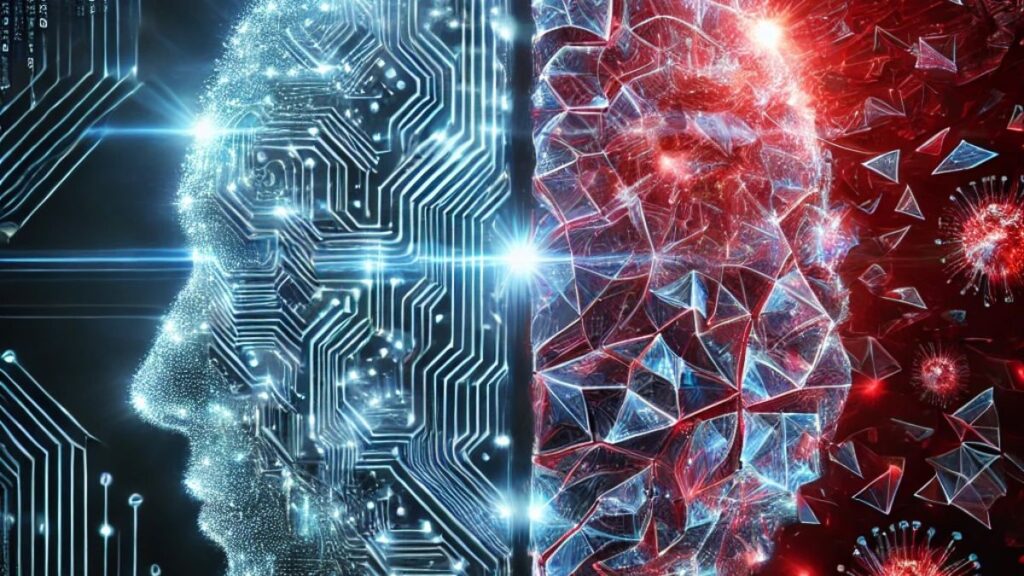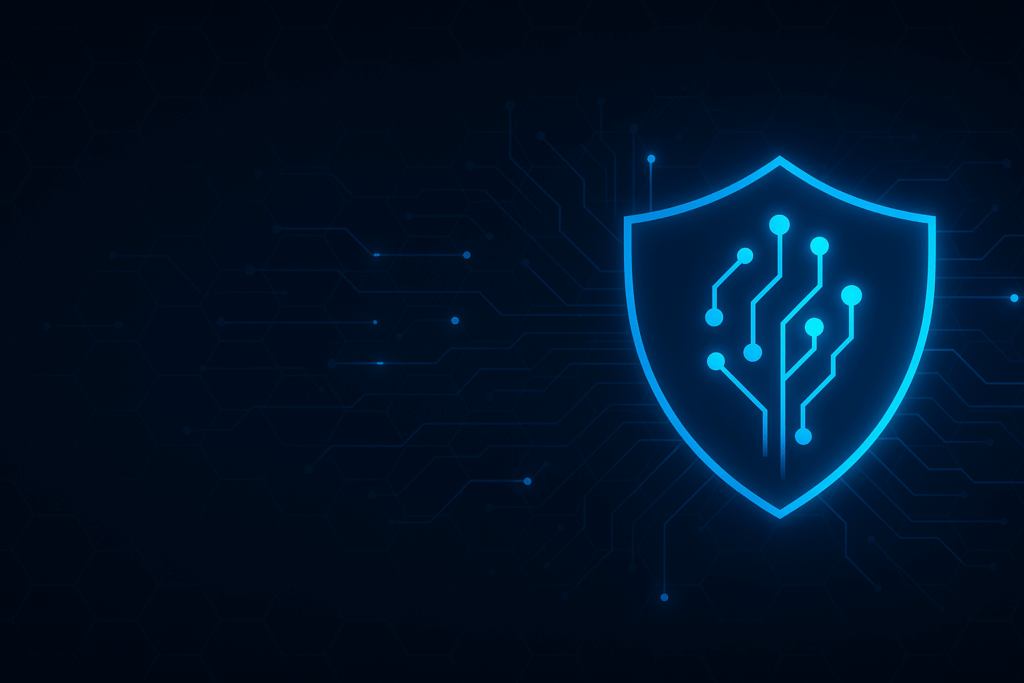We tend to fight against change. We like things we’ve become comfortable with to stay the same even—or maybe even mainly—if there is a better way. Change generally brings risk, and change, for change’s sake, is almost always stupid. But, when the current way of doing things isn’t working, change is needed, and the effort should be focused on finding a better way, not fighting change.
These thoughts all came to mind last week while I was speaking on a panel on health and wellbeing. All of us argued the core of the problem was education; if we weren’t taught when we were young the analytical skills we’d need to determine when the change was needed, and to automatically seek the truth rather than the false but more comfortable path, we’d never be able to correct the problems we face as a race. And by race, I mean the human race.
In looking specifically at the problem with education, each student’s biggest issue is different, and the curriculum should be as varied, variable, and granularly diverse as those students are different. Yet, we take very little time to learn or understand those differences, and even if we did, teaching a room of 30 or more students with uniquely targeted programs would be problematic. But, if those students were remote and had their own window into education, adapting teaching to each student becomes potentially more accessible. And with AI (artificial intelligence), you could do this at scale without excessive extra teacher overhead.
Let’s explore that this week.
What’s the Problem with Education?
As we saw it, the issue is that kids aren’t taught either critical thinking skills or the skills they’ll need in life about their own needs and development. They also are not taught how to apply what they are learning to their lives. They are seldom told why they need to learn what they are being taught, and most teachers seem not to have asked this critical question either. In a world of PCs, do you need to test on math and spelling, or would skills associated with applying math and sentence structure to solve problems like minimizing taxes or convincing a future boss that you were right to be more helpful?
One of the common complaints of people coming out of law school and passing the bar is that they know a lot about the law but little about how to practice it or even what type of law would uniquely suit them.
Upon leaving home, we often find young adults don’t have cleaning, cooking, laundry, or even budgetary skills because those tasks were handled by their parents who didn’t mentor their kids adequately. Kids are also pushed, either on purpose or just by proximity, into their parents’ careers without considering the kids’ unique skills and interests. Their parents likely went through that same process, perpetuating this mistake.
We tend to teach them to blindly follow authority, particularly parental authority, without concern with whether the direction they are getting and what they are learning is correct or accurate. And then we wonder, when kids grow up, why kids can’t (outside of that parental authority) accurately determine what is right and wrong and end up in trouble as a result.
Fixing Education: Relevance and Granularity
One of the first things we should do with children is doing a skills assessment. Once we understand what the child is capable of, where their interests reside, and can start to make early assessments at what they would most enjoy doing, we can then craft a training program that optimizes their time, maximizes their recall (by keeping it interesting), and better assures a successful adult life.
Teaching how to deal with hormones, how to treat the opposite sex, how to look underneath what these kids are being told to determine the truth will make these kids better adults and create a better nation. Kids also have unique advantages they’ll lose as they age that can be exploited to make them holistically better. They are less afraid of making mistakes, generally more willing to take risks, and far more tolerant of change. These things should help them explore new things and discover critical aspects of themselves and the world around them they will use later.
Wrapping Up: A Better Tomorrow
With the proper training on ethics, selflessness, honor, integrity, and applied STEM (science, technology, engineering, and math) education, we could not only create a nation of far more capable people but a happier nation as well. And with AI, you can do the kind of assessment and curriculum creation and execution at a scale that hasn’t been possible before. By accepting this pandemic-driven separation as an opportunity for change, these individual programs could, perhaps, be better delivered than in a classroom.
The world’s problems can primarily be addressed if we develop people who think strategically, are willing to sacrifice for the greater good, and are themselves more capable and successful, so they don’t become a burden on their parents or the state.
The possibility of a better future is within our grasp but, to get there, we need to create better people because, right now, we are our own worst enemy. Fixing that should be a higher educational priority; it should be the top priority of the future of education.
- Intel’s Hiring of Wei-Jen Lo: A Strategic Homecoming, not a Trade Secret Heist - December 2, 2025
- The Unlikely Savior of the AI PC Ecosystem: Why the Lenovo IdeaCentre Mini x (Snapdragon) Matters - November 26, 2025
- The Trillion-Dollar Distraction: Why AMD’s IBM-Trained CEO and Quiet Execution Make It a More Valuable Long-Term Bet Than Overvalued NVIDIA - November 17, 2025




Comments are closed.